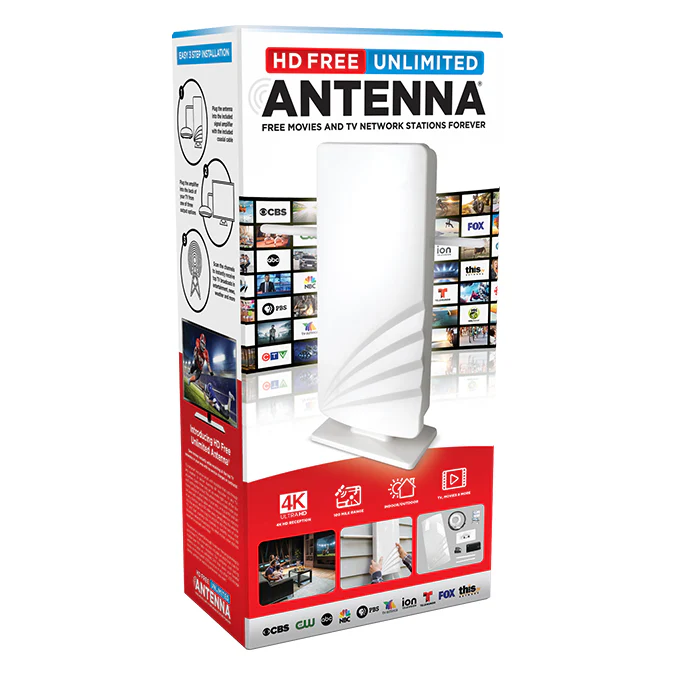The world of book publishing has evolved dramatically in recent years, offering more options than ever before for authors looking to bring their work to readers. Whether you are an aspiring writer or an established author, selecting the right book publishing company is crucial to the success of your book. This guide will walk you through the different types of book publishing companies, the factors you should consider when choosing a publisher, and tips on making your publishing journey as smooth as possible.
Understanding Different Types of Book Publishing Companies
Before diving into how to choose a book publishing company, it’s important to understand the different types available. Each type offers unique advantages and disadvantages depending on your goals, budget, and the level of control you wish to maintain over your work.
1. Traditional Publishing Companies
Traditional publishing is the most well-known model, where an author submits their manuscript to a publishing house, and if accepted, the publisher handles all aspects of production, distribution, and marketing.
Pros:
- Professional Expertise: Traditional publishers have teams of editors, designers, and marketers who ensure the highest quality of the final product.
- Wider Distribution: These companies have established relationships with bookstores, libraries, and distributors, giving your book greater reach.
- Advance Payments: Authors typically receive an advance payment against future royalties.
Cons:
- High Competition: Getting accepted by a traditional publisher can be challenging due to the large number of submissions they receive.
- Longer Timeline: The process from manuscript submission to book release can take a year or more.
- Less Control: The publisher typically has the final say on aspects such as cover design, pricing, and marketing strategies.
2. Self-Publishing Companies
Self-publishing has become increasingly popular, allowing authors to maintain full control over their work while taking on the responsibilities typically handled by a traditional publisher.
Pros:
- Creative Control: You retain full control over your book’s content, design, and marketing.
- Higher Royalties: Self-published authors often earn higher royalties per sale compared to traditional publishing.
- Faster Time to Market: Self-publishing allows for a much quicker turnaround from manuscript completion to book release.
Cons:
- Upfront Costs: Authors are responsible for covering the costs of editing, design, and marketing.
- Limited Distribution: Without established distribution channels, getting your book into bookstores and libraries can be challenging.
- Marketing Burden: Authors must handle their own marketing, which can be time-consuming and require expertise.
3. Hybrid Publishing Companies
Hybrid publishing offers a middle ground between traditional and self-publishing. These companies provide professional services in exchange for a fee, but unlike vanity presses, they typically have a selective submission process.
Pros:
- Professional Support: Hybrid publishers offer editing, design, and marketing services similar to traditional publishers.
- Higher Royalties: Authors can receive higher royalties than in traditional publishing, as they share in the financial investment.
- Creative Input: Authors have more say in the creative process compared to traditional publishing.
Cons:
- Upfront Costs: Authors must pay for the services provided by the hybrid publisher.
- Varied Reputation: The quality and reputation of hybrid publishers can vary, so it’s important to do thorough research.
4. Vanity Presses
Vanity presses are publishing companies that require authors to pay for the publication of their books, often without any editorial or marketing support.
Pros:
- Guaranteed Publication: Vanity presses will publish your book regardless of its quality or market potential.
Cons:
- High Costs: Authors must cover all the costs, often without any return on investment.
- Lack of Support: These companies typically do not provide editing, design, or marketing services, leaving the author to handle everything.
- Poor Reputation: Vanity presses are often seen as a last resort and may not be taken seriously by readers or industry professionals.
Key Factors to Consider When Choosing a Book Publishing Company
Choosing the right publishing company is a significant decision that can impact your book’s success. Here are key factors to consider:
1. Genre and Audience
Different publishers specialize in different genres and target audiences. Ensure the publishing company you choose has experience and success in your book’s genre. Research their catalog and see if they have published similar titles.
2. Publishing Model
Decide which publishing model aligns with your goals. Do you want the prestige and distribution network of a traditional publisher, the control of self-publishing, or a blend of both with a hybrid publisher? Understanding the strengths and weaknesses of each model will guide your decision.
3. Reputation and Track Record
Research the company’s reputation within the industry. Look for reviews, testimonials, and case studies from other authors. A publisher with a solid track record of success is more likely to deliver on their promises.
4. Editorial and Design Support
Quality editing and design are crucial for producing a professional book. Check what level of editorial and design support the company offers. Traditional publishers typically include these services, while self-publishing platforms may offer them as add-ons.
5. Distribution Channels
Consider how and where your book will be distributed. Traditional publishers have established distribution networks, but self-publishing platforms like Amazon can also offer significant reach. If physical bookstore presence is important to you, ensure the publisher has the necessary connections.
6. Marketing and Promotion
Marketing is essential to the success of your book. Find out what marketing services the publisher provides and whether they have a proven strategy for reaching your target audience. Some self-publishing companies offer marketing packages, but the responsibility often falls on the author.
7. Contract Terms and Royalties
Review the contract terms carefully. Understand the royalty structure, rights to your work, and any obligations on your part. Traditional publishers offer advances and lower royalties, while self-publishing offers higher royalties but no advance.
8. Cost and Financial Considerations
Consider the costs associated with each publishing model. Traditional publishing typically involves no upfront costs, while self-publishing requires a financial investment. Hybrid models also require a fee but offer more support.
How to Approach and Evaluate Book Publishing Companies
1. Research and Shortlist
Start by researching different book publishing companies that align with your goals. Shortlist those with a good reputation in your genre and that offer the services you need. Use online resources, author communities, and professional organizations to gather information.
2. Prepare a Strong Manuscript
A well-prepared manuscript is your best tool for attracting a publisher’s attention. Ensure it is polished, edited, and formatted according to industry standards. For traditional publishing, you may also need a compelling query letter and book proposal.
3. Submit to Multiple Publishers
If you’re opting for traditional publishing, submit your manuscript to multiple publishers or literary agents. Be prepared for rejections and keep refining your submission based on feedback. Self-publishing and hybrid models usually require less waiting time but ensure you’re submitting to reputable companies.
4. Ask Questions and Seek Clarification
When engaging with potential publishers, ask questions about their process, timeline, costs, and what you can expect. Transparency is key. A reputable publisher will be willing to answer your questions and provide clear information.
5. Review Contracts Carefully
Once you receive an offer, review the contract carefully. Consider having a lawyer or literary agent review it to ensure your interests are protected. Pay attention to the rights you are signing away, the royalty rates, and any long-term commitments.
6. Trust Your Instincts
Finally, trust your instincts. If something feels off or too good to be true, take the time to investigate further. Choosing a publisher is a significant decision, and it’s important to feel confident and comfortable with your choice.
Trends in the Book Publishing Industry
1. Rise of Self-Publishing
Self-publishing has seen tremendous growth, driven by the digital revolution and platforms like Amazon Kindle Direct Publishing (KDP). This trend is likely to continue as more authors seek creative control and higher royalties.
2. Hybrid Models Gaining Popularity
Hybrid publishing is becoming more popular as it offers a balance between traditional and self-publishing. Authors get professional support while retaining more control and earning higher royalties.
3. Growth of Audiobooks and E-Books
The demand for audiobooks and e-books is growing, offering new revenue streams for authors. Many publishing companies now offer these formats as part of their services, reaching a wider audience.
4. Focus on Diversity and Inclusion
There is a growing emphasis on diversity and inclusion within the publishing industry. Publishers are actively seeking voices from underrepresented communities and stories that reflect diverse perspectives.
5. Digital Marketing Strategies
With the decline of physical bookstores, digital marketing has become crucial for book promotion. Publishers are investing in social media campaigns, influencer partnerships, and data-driven marketing strategies to reach readers online.
Conclusion
Choosing the right book publishing company is a pivotal step in your journey as an author. By understanding the different types of publishers, considering key factors such as genre, reputation, and support services, and carefully evaluating potential partners, you can make an informed decision that aligns with your goals. Whether you choose a traditional publisher, a self-publishing platform, or a hybrid model, the right choice will help you bring your book to life and reach your intended audience. In the ever-changing landscape of book publishing, staying informed and adaptable will ensure your success as an author.



